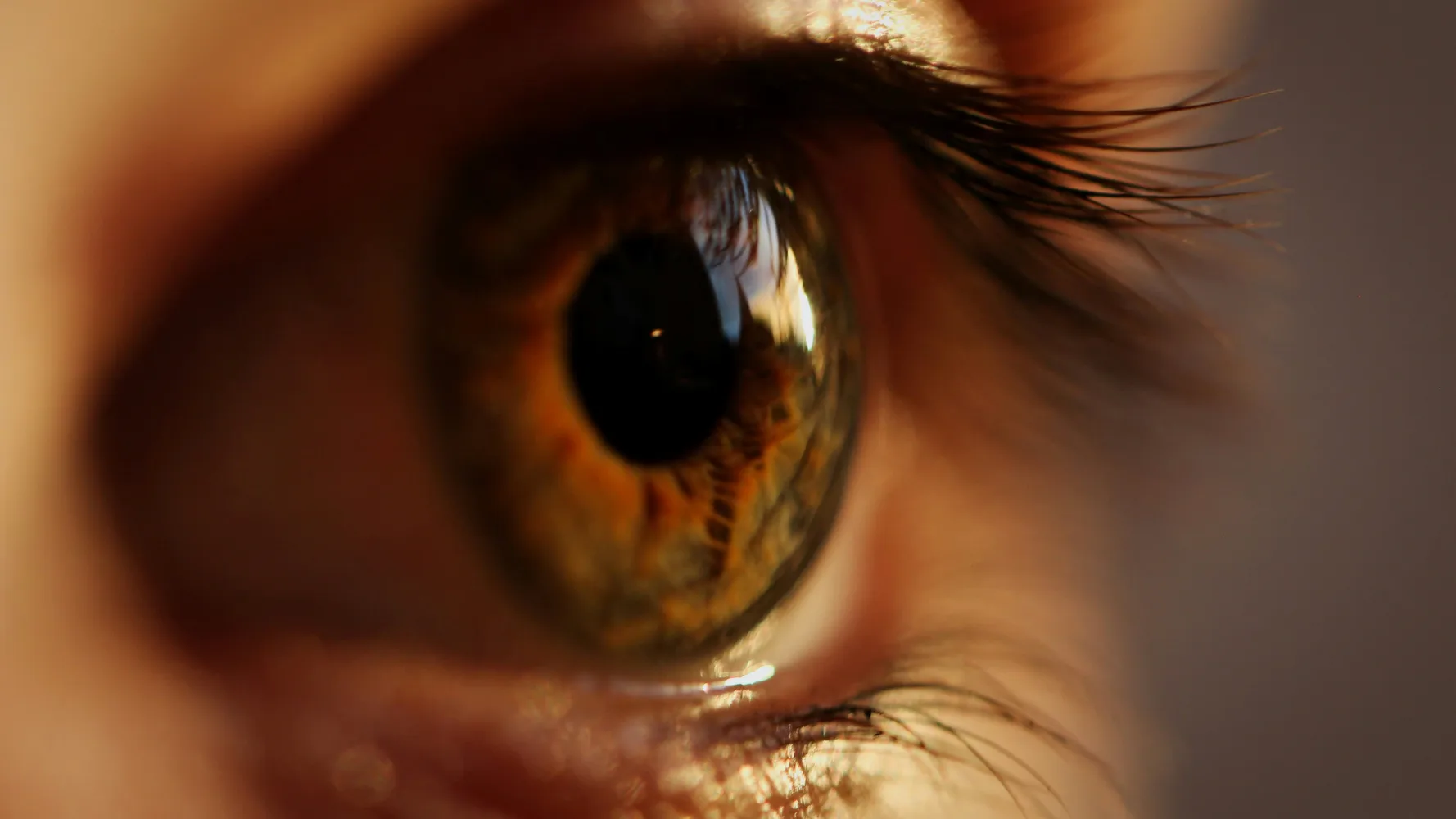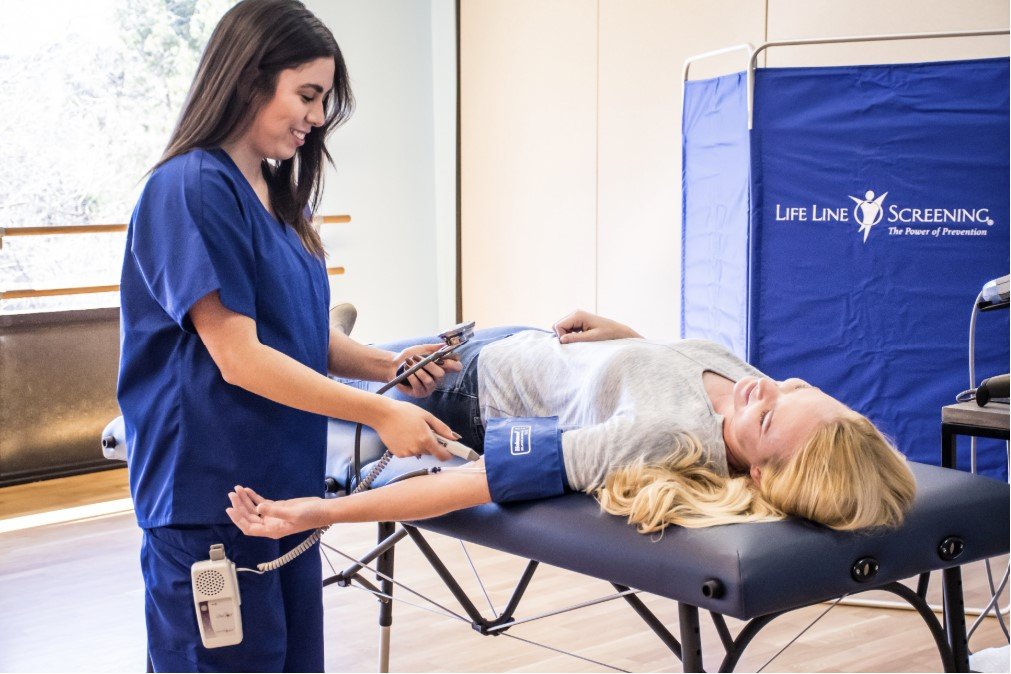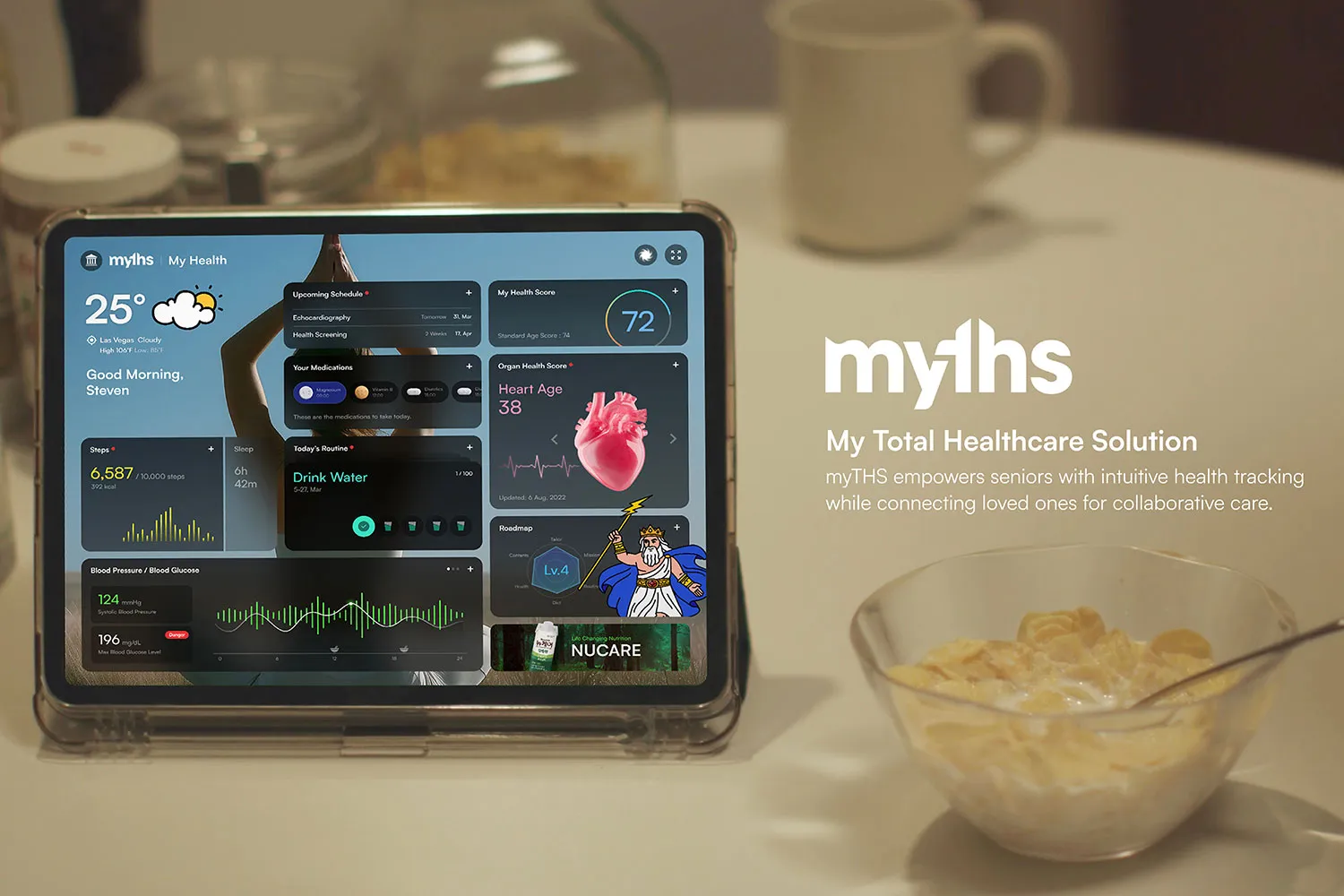By Amy Glover
Copyright huffingtonpost

My insomnia doesn’t show up when I’m falling asleep. Instead, it kicks in when I wake up at 3am – and find it absolutely impossible to nod back off.
I’ve tried “clock blocking,” willing myself to stay up at night as a form of “paradoxical intention,” and getting enough morning light, to varying degrees of success.
But for surgeon Dr Katelyn Tondo-Steele, the secret to uninterrupted slumber lies in an eye trick.
In an Instagram Reel, she said: “I have no problem falling asleep, but if I get up in the middle of the night, I have a lot of trouble getting back to sleep”.
After seeing a “sleep hack” and testing it, though, she reckons, “if I have tried it 15 times, it’s worked 14″.
The eye trick is very simple
Dr Tondo-Steele says that the move, which is done with your eyes closed, involves four basic steps.
“You move your eyes side-to-side, and then… up and down, and then… clockwise, and then… counter-clockwise,” she demonstrated.
You repeat the pattern until you begin to doze off (for her, this takes about five runs).
As the surgeon pointed out in her Instagram caption, there are no scientific styudies researching why this specific method might help.
But, she said, “Eye movement techniques have been shown to reduce arousal, shift focus, and mimic early sleep brain states” (a 2021 paper found eye movement training significantly improved the sleep, mood, and pain levels of cancer patients).
Slow eye movement, Dr Tondo-Steele added, has been linked to activation of the parasympathetic, or “rest and digest”, system – the technique “resembles techniques drawn from eye movement desensitisation and reprocessing (EMDR), which is a technique used in therapy”.
What if this doesn’t work for me?
Though lots of commenters said they’d seen similar results with the eye-rolling method, as the surgeon points out, it’s not a proven technique.
It is instead a “very low risk, high-reward hack that works for me,” she wrote.
Other techniques for getting back to sleep if you wake up at 3am include getting out of bed after 20 minutes to do a low-stakes, screen-free activity like reading or folding laundry, and trying your hardest not to stress about being awake.
Speak to your GP if you have insomnia that isn’t responding to lifestyle changes, that lasts for months at a time, or that affects your day-to-day life, the NHS says.



